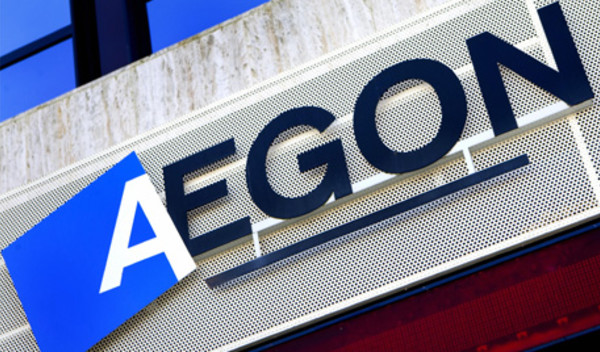

State pension changes, rising inflation and social care costs represent the biggest risk to retirement income, according to a report published by Aegon.
According to the provider's findings, these threats to income carry different weight depending on the age of the person.
Those aged 50-64 years old have pre-retirement anxiety which centres around the future of the state pension, with over a third - 36 per cent - believing the changes to state pension could be an issue.
According to official figures from the Pensioners' Income Series in June this year, almost half of pensioners' household income, some £214 per week, comes from state benefits, making it a financial lifeline for many.
People in this age group are also concerned about running out of money - 33 per cent - closely followed by impact that inflation can have - 32 per cent - and paying for care costs in later life -27 per cent.
Changes to the state pension don’t rank as highly for those currently in retirement, with just 27 per cent of 65 to 74 year olds citing this as their top concern, and this falls to 24 per cent for over 75s.
Recently, the government has pledged to keep the pensions triple lock - where the state pension rises every year by the highest of price inflation, earnings growth or 2.5% - in place for the rest of this parliament.
Those already in receipt of the pension perhaps rightly assume, the government is unlikely to make big changes to existing payments.
Biggest income worries: | 50-64 | 65-74 | Over 75 |
Changes to State Pension | 36% | 27% | 24% |
Running out of money | 33% | 20% | 17% |
Inflation | 32% | 33% | 29% |
Care costs | 27% | 32% | 31% |
Source: Aegon
For 33 per cent of people in the early phase of retirement, aged 65 - 74, inflation is the key worry when thinking about their retirement income.
A resurgent oil price and embattled sterling appear to have started feeding through to the UK economy, with inflation hitting a 22-month high of 1 per cent in September.
The consumer prices index measure for the 12-months to September exceeded expectations of 0.9 per cent, and follows 0.6 per cent rise last month.
Additionally, the Bank of England’s Monetary Policy Committee recently signaled that it expects inflation to pick up in the coming year, following the UK’s decision to leave the European Union, and this has the effect of reducing pensioner’s incomes in real terms, especially with goods and services rising at the same time.
In terms of care costs, which would be affected by inflation, research has shown that depending on where someone lives in the country, care can cost an average of £29,250 a year for a care home and as much as £39,300 per year if nursing is required.
A total of 31 per cent of over 75s believe this is the greatest risk to their retirement income.
Kate Smith, head of pensions at Aegon said: “It is clear that people’s concerns about their income change as they get older. So many rely on the state pension to underpin their income so it is unsurprising to see that such a large proportion fear any change to the amount they receive.
"This is particularly true for women, many of whom have been unfairly disadvantaged by relatively recent changes to the state pension, and are more reliant on a state pension than men for their retirement income.
Ms Smith noted that although we have been living through a period of low inflation in recent years, following the Brexit vote the value of the pound has fallen dramatically, which is likely to send inflation higher as goods and services become more expensive.
"Over time this is likely to lead to higher prices as the cost of imports rise. Inflation has long been the enemy of those on fixed income and unless people have taken steps to protect the real value of their money, its effects can be difficult to mitigate."
Scott Gallacher, director at Leicester-based Rowley Turton, said while pensioners have generally got wealthier over recent years, people are right to be concerned about their retirement income, especially those on a fixed income from annuities or relying on deposit interest.
"Cuts to state pensions and rising inflation are constant concerns that people should factor into their financial planning. But with the recent falls pound anticipated to lead to higher inflation, and recent forecasts predicting Brexit could cost the Treasury £66bn a year, it is perhaps a more worrying time for some than normal.
"Naturally we all hope Brexit will deliver long term benefits to the UK but it is important that people take account of the short term risks and position their financial affairs accordingly."



